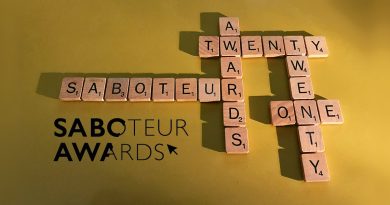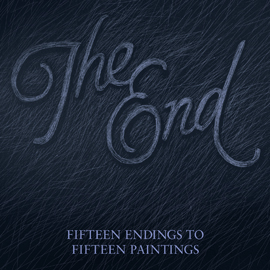‘My Mother Was An Upright Piano’ by Tania Hershman
-Reviewed by Martin Macaulay-
Tania Hershman’s My Mother was an Upright Piano compacts 56 stories into 136 pages. Her short-short stories and micro-fictions are concise, impressively constructed examples of the form; stories with soul despite their brevity. Hershman’s writing is cross-discipline, eschewing a specialist streak that in lesser hands might have resulted in sets of navel-gazing motifs or a hermetically sealed collection. Instead she plunders from science and the arts, creating dense philosophical microcosms that have more to say about the human condition than the attempts of some lengthier works.
Each sentence is stripped back; their words scraped or polished until the paragraphs are whittled into shape. These are sculpted fictions that fizz with intelligence. They spark ideas in the reader that linger afterwards, like ball lightning coring into your mind.
I was hooked before the book had even properly begun, sucked into the introductory note on the font that is used – Crimson Text – and its backstory. The opener, ‘The Google 250’ is a modern take on personal gratification as technology supplants sex to satisfy our base desires. Google fuels ego, and the narcissistic need to look at what others say is interwoven into everyday life, ultimately to replace sexual satisfaction.
People were having dreams about browser pages that had words missing, their names had wings and had taken flight, like heads off a goldfish.
It’s a tight story, playful, but the premise isn’t too outrageous. This tale is more cautionary than comical.
Hershman writes with a lyrical precision that slices apart what it is to be human. In ‘My Uncle’s Son’ a young man regards life from the periphery until someone reaches out to drag him into the living. ‘Under the Tree’ is one of the longer pieces at over three pages. A mother worries as her son has begun to sit under a tree all day, distant and withdrawn. She longs for his deceased father to be alive again, to help her understand. Her desperation is palpable:
Help me, I say at night, lying in the lonely bed, the marriage bed of not-John and me. Where are you?
Mother and son are reunited but what lies ahead is left hanging. Is this merely a temporary reunification? Has the mother pulled the son over, or is it vice versa? Open to interpretation, there is no doubting the intensity of emotion packed into this short.
‘The Prologue’ is a wonderful piece, barely a page in size. In a role reversal, here the prologue is the story, the novel itself succinctly wrapped in a few sentences in the final paragraph. ‘Missy’ is a mere paragraph but shows us the devastating impact that nurture can have on fucking up future generations. A would-be mother transfers the undermining statements and vicious words onto a would-be daughter, unable to blunt the phrases that cut her deep, open wounds that have failed to heal:
If I had a daughter, this is how it would be. It would be all, Stand up straight, missy, shoulders back, no slouching, and she’d be sulky, sullen, pouting, wilful
My Mother was an Upright Piano is more than the sum of its parts. The book is structured into seven groups of six and two groups of seven, bonding this collection together as tightly as a chemical compound. It’s a solid, unbreakable and inspiring collection. Hershman creates worlds with depth and heart. She shows us lives soaked in loss; some with glimpses of hope, others dystopian. Reading My Mother… is a bit like discovering a boxful of unfamiliar photographs in a curiosity shop. You study each picture, try to decipher the look on the subject’s face, or work out what that object is in the foreground. Hershman pulls you in to these beautifully condensed fictions. The difficulty is in trying to climb back out again.






Pingback: Saboteur Awards 2013: The Shortlist | Sabotage
Pingback: Overheard: Stories To Read Aloud (ed. Jonathan Taylor) | Sabotage
Pingback: Saboteur Awards 2013: Fiction | Sabotage